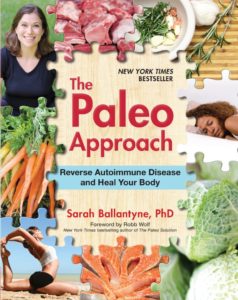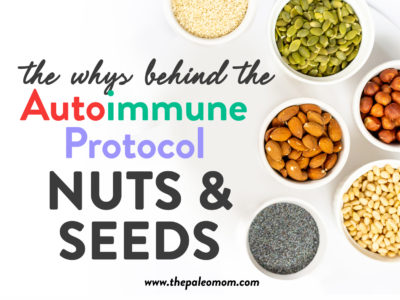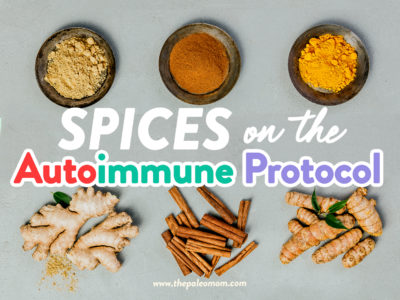Most advocates of Paleolithic nutrition allow for some cheating. “What?” you say, “I get to CHEAT? Why didn’t you mention this earlier?!”. Well, first of all, I hate the word “cheat”. But I don’t really have a better, or more concise word for “occasionally eating something that you don’t usually include in your diet”. And most people can eat something that they don’t usually include in their diet with few ill effects every once in a while. The idea behind allowing yourself the occasional cheat is so that you don’t feel deprived of your favorite foods. This also gives you the freedom to not worry if you are traveling or at a restaurant and don’t have a Paleolithic option. This reflects the fact that a Paleolithic lifestyle focuses on long-term health and longevity. If you don’t have to stress about the occasional meal that isn’t strictly Paleo, your lifelong compliance will be much higher.

Dr. Loren Cordain, who could be considered the Father of Paleolithic Nutrition, advocates an 85% / 15% rule, which states that if 85% of your diet comes from the modern equivalent of Paleolithic foods, then you generally enjoy 100% of the benefits of a Paleolithic diet. How you implement the 15% your diet that may include neolithic foods is as customizable as how you implement the 85% that is strictly Paleolithic. You can follow Dr. Cordain’s suggestion and eat 2 or 3 “cheat meals” each week, where you get to eat whatever you want for that meal. Some other advocates of Paleolithic nutrition suggest one whole cheat day every 1-2 weeks, where you eat whatever you want all day. Another way to go about this is to treat the gray area foods (like the heavy cream in your coffee, the butter you cook with, those random handfuls of nuts, and the peppers and tomatoes in your salad) to count toward that 15%.
How you chose to “cheat” should depend on what your goals are and how far away from achieving those goals you are. Most advocates of Paleolithic nutrition suggest that you eat a strict Paleo diet for at least 30 days before implementing cheats. Some people will need to avoid neolithic foods even longer, if they have a lot of weight to lose or are trying to resolve health issues. Cheating is something to incorporate after your initial adjustment period and after you have all of your Paleo ducks in a row. Generally, you can give yourself more leeway to experiment with cheats (what, when and how much) after a period of time where you have been very strict and after you have addressed any major health issues and lifestyle challenges (like making sure you’re getting enough sleep and your stress is managed). For some people, allowing themselves cheats completely derails their efforts. If you think you might “fall off the wagon” if you allow yourself cheats, please don’t.
Like so many aspects of Paleolithic nutrition, I urge you to experiment. But, I have an important cheating caveat regarding gluten containing foods: Here’s my cheating caveat. Like Robb Wolf, I suggest that you avoid gluten-containing foods like the plague. This is because a single exposure of gluten can cause damage to your gut that can take up to SIX months to heal, depending on how sensitive you are. If you are super sensitive like I am, your cheats will also avoid all grains, legumes and dairy.








